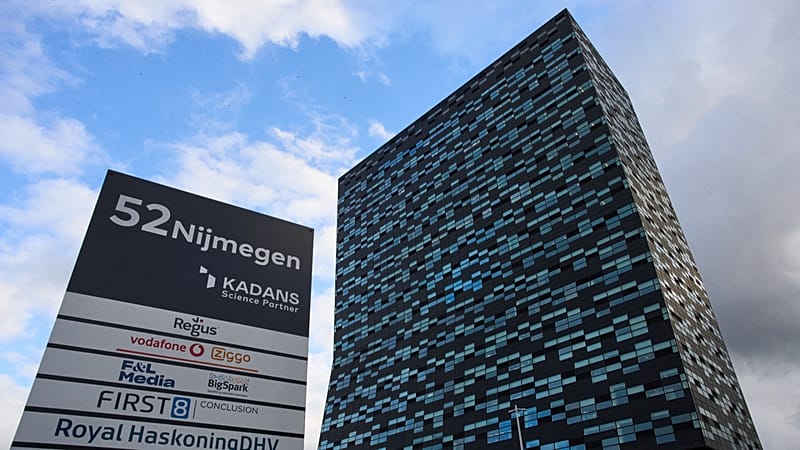European carmakers warn of supply shocks as Nexperia halts chip exports to China

Dutch chip production giant Nexperia has halted shipments of silicon wafers to its packaging and testing site in Dongguan, China, after a dispute with the plant's local management in The Netherlands, raising the risk of fresh supply disruptions for Europe's biggest carmakers.
The move "potentially escalates the standoff that’s already impacting automotive production in Europe and beyond," Bloomberg reported, citing a statement from the company.
In a letter dated 29 October and signed by interim chief executive Stefan Tilger, who was appointed after the Dutch government invoked its rarely-used veto powers over private companies to remove former CEO Zhang Xuezheng, customers were informed that supplies to Dongguan were suspended from 26 October.
The company linked the decision to failures by the site's management to meet agreed contractual payment terms.
Nexperia makes large volumes of so-called commodity chips used in the power control, sensors and body electronics of carmakers such as BMW, Stellantis and Volkswagen.
These parts remain critical bottlenecks in the auto industry even after pandemic-era shortages eased. Any interruption in wafer flows to assembly hubs can quickly feed through to module makers and car plants.
On 30 September, the government assumed temporary control of Nexperia under the Goods Availability Act, citing governance shortcomings and risks to the continuity of supply and to Dutch and European economic security due to ongoing confrontations with the Chinese sister company and suppliers.
Officials framed the measure as exceptional and said core operations could continue, but with the authority to block any future decisions deemed harmful.
Dutch concerns were heightened by indications that equipment and capabilities could be moved out of Europe under previous leadership, according to subsequent reporting, as Chinese producers across several industries apply increasingly protectionist measures following US tariffs and EU concerns over monopolisation.
Beijing responded on 4 October with export controls that barred Nexperia China and its subcontractors from exporting specified finished components made in the country, further complicating cross-border flows.
Automakers and suppliers have warned that prolonged disruption could force output cuts and a general slowdown in an industry already facing strains due to the ongoing trade standoff with the US and especially if alternative parts are not qualified in time.
Industry groups say inventories of basic control chips are thin and that the time needed to switch packages remains lengthy.
The Dutch government has said it is in talks with Chinese counterparts to resolve export issues and stabilise supplies in the near future. Further steps will depend on discussions between The Hague, Nexperia's Chinese parent Wingtech and Chinese authorities.
Key indicators to watch include whether Nexperia can redirect wafers to other sites, any relaxation of Chinese export restrictions and formal guidance from European carmakers on production plans for November and December.
The European Automobile Manufacturers’ Association (ACEA) says a "critical" shortage of foundational microchips is worsening "by the day" as the block on Nexperia exports from China persists, warning of imminent disruption to European vehicle manufacturing.
ACEA urged for a rapid, diplomatic resolution to restore cross-border chip flows, noting that sustained constraints risk spilling over into assembly lines.
Today

